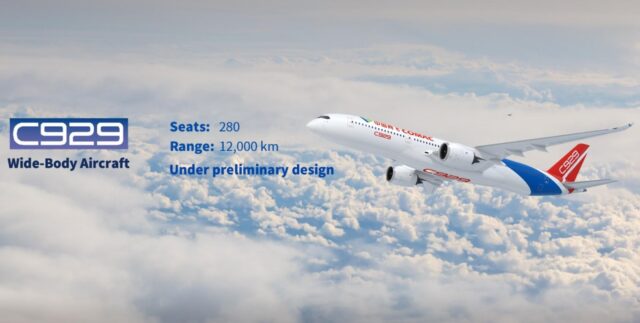
Additive manufacturing has the potential to transform the way components in the aerospace supply chain are designed and made, according to Peter Dilnot, CEO of Melrose, the parent company of GKN Aerospace.
GKN has been a market leader in additive manufacturing and additive fabrication for two decades, with load-bearing additive components flying on board multiple engine and aircraft platforms, including the Airbus A220 and Embraer E195 aircraft.
Additive manufacturing allows GKN to transform large and complex geometries into high-performance parts, in a more sustainable and ultimately cost-efficient way.
Currently, aircraft engine components rely on large castings and forgings, with up to 80% of the material machined away before reaching the final form.
By employing additive technology, which involves layer-by-layer construction using metal wire or powder fused together with lasers, GKN Aerospace is able to minimise raw material waste, energy use and shipping within production. This significantly cuts emissions, costs and lead time.
Dilnot said: “You can actually change the material properties through a part, because it is manufactured through one process. Ultimately that has always been the great hope for additive manufacturing, that it can not only just make stuff in a way that is more sustainable, [and with a] shorter supply chain, but actually transform design.”
He added: “It is an opportunity to bring new technology into engines. We are the only current player who is on both the next-gen engines, in terms of the GTF and the RISE, and I think one of the reasons for that is our team’s great capability in this area. It meets a lot of customer needs.”
The company has some of the world’s largest additive manufacturing centres in Trollhättan, Bristol, and Fort Worth.
It recently boosted its commitment to this manufacturing method with a £50 million investment in the Swedish facility.
The Swedish Energy Agency’s Industriklivet initiative will fund £12 million of this investment, which will help to revolutionise production methods by reducing raw material usage by up to 80%.
The technology will be embedded at GKN Aerospace’s Trollhättan site and will be operational later in 2024.
Subscribe to the FINN weekly newsletter
















